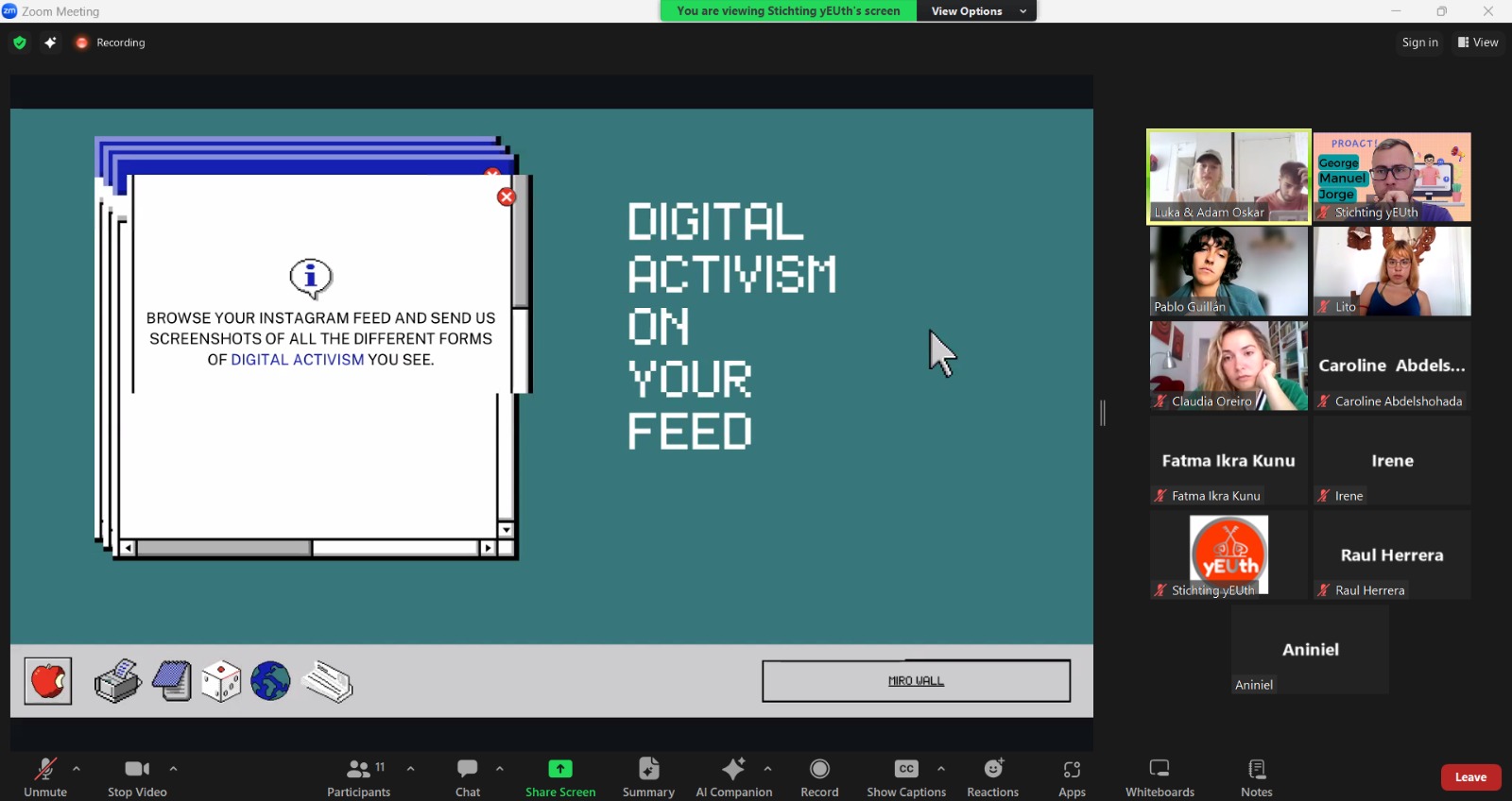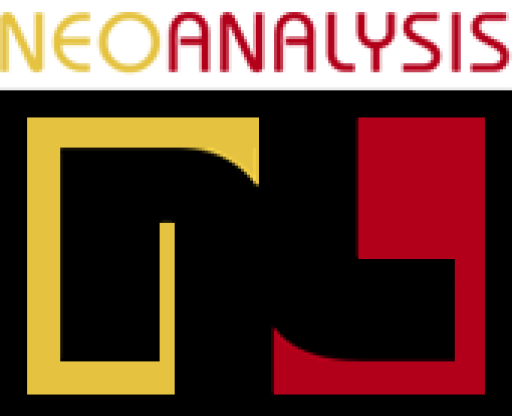3rd Mobility - PROACT!
Neoanalysis is happy to announce the successful implementation of the 3rd Mobility for the “PROACT” project, which was conducted online by the Dutch partner, Stitching yEUth!
The Online Mobility took place over 3 days, between June 6th and June 26th, participants engaged in a series of interactive sessions, workshops, and discussions focused on understanding and applying the principles of digital activism. The mobility began with an introduction to social media campaigns, highlighting the importance of digital activism through successful case studies.
Participants explored key social and political issues they were passionate about, engaging in group discussions to identify causes they wanted to address through digital campaigns. These activities laid a strong foundation, equipping participants with a clear understanding of digital activism and its potential impact.
Some sessions were dedicated to hands-on learning and practical application. Participants attended a workshop on creating digital campaigns, where they explored tools and strategies for building effective campaigns on topics such as phone addiction, sustainable fashion, and mental health. In collaborative group work, they developed detailed campaign strategies, presented them to their peers, and received constructive feedback.
The last day of the mobility concluded with an open discussion and Q&A session, allowing participants to reflect on their experiences, address challenges, and clarify any remaining doubts. By the end of the two days, participants gained both theoretical knowledge and practical skills to confidently create and manage digital activism campaigns.




